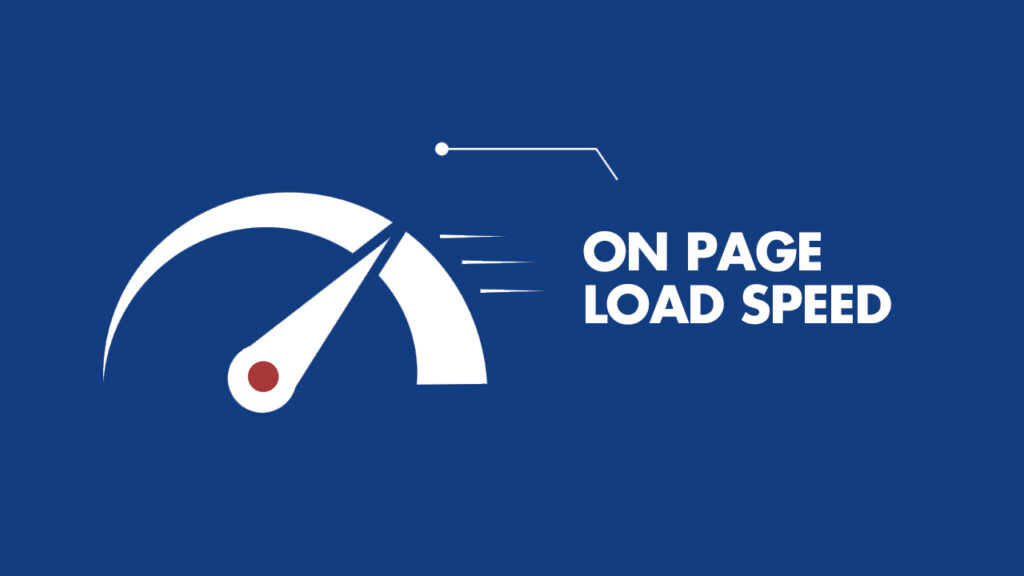Starting and growing a small business requires capital, but not all entrepreneurs have the funds readily available. That’s where business loans for small businesses come in. Whether you’re looking to purchase equipment, expand operations, or manage cash flow, understanding the types of loans available and how to secure them is critical to your success. In this article, we’ll cover everything you need to know about small business loans, from types of loans to tips for approval.

Why Are Business Loans Essential for Small Businesses?
Small businesses are the backbone of the economy, but accessing sufficient funding remains a challenge for many. Business loans for small businesses offer a financial lifeline to:
- Cover startup costs.
- Invest in growth opportunities.
- Maintain steady cash flow.
- Handle unexpected expenses.
- Purchase necessary inventory or equipment.
Without adequate financing, even the most promising business ideas may never reach their potential.
1. Types of Business Loans for Small Business
Understanding the types of loans available can help you choose the one that best fits your needs. Below are the most common options:
2. Term Loans
A term loan is a traditional loan where you borrow a fixed amount and repay it over a specified period with interest. This option is ideal for businesses needing significant capital upfront for projects or purchases.
Pros:
- Fixed repayment terms.
- Flexible loan amounts.
Cons:
- May require collateral.
- Lengthy approval process.
3. SBA Loans
Backed by the Small Business Administration, SBA loans offer lower interest rates and favorable terms. These loans are designed to support small businesses that may not qualify for traditional bank loans.
Pros:
- Low interest rates.
- Long repayment terms.
Cons:
- Extensive documentation is required.
- Lengthy approval time.
4. Business Lines of Credit
A business line of credit is a flexible financing option that allows you to withdraw funds as needed, up to a predetermined limit. You only pay interest on the amount used.
Pros:
- Only pay for what you use.
- Ideal for managing cash flow.
Cons:
- Variable interest rates.
- Requires strong credit history.
5. Equipment Loans
These loans are specifically for purchasing equipment or machinery necessary for your business operations. The equipment itself often serves as collateral.
Pros:
- Fixed interest rates.
- Helps preserve cash flow.
Cons:
- Restricted to equipment purchases.
- Risk of equipment depreciation.
6. Invoice Financing
If your business struggles with delayed payments from customers, invoice financing allows you to borrow against outstanding invoices. This method provides immediate cash flow.
Pros:
- Quick access to cash.
- No need for collateral.
Cons:
- High fees and interest rates.
- Relies on customer payment reliability.
7. Microloans
For startups or small businesses with modest funding needs, microloans offer small amounts of capital, often under $50,000.
Pros:
- Accessible to new businesses.
- Favorable terms for small-scale operations.
Cons:
- Limited loan amounts.
- May require personal guarantees.
8. Merchant Cash Advances (MCA)
With an MCA, you receive an upfront sum in exchange for a percentage of your future sales. This option is popular among businesses with steady card transactions.
Pros:
- Quick approval and funding.
- No fixed repayment schedule.
Cons:
- Extremely high fees.
- Could hurt cash flow if sales dip.
9. Online Business Loans
Online lenders have streamlined the loan application process, offering fast approvals and funding. These loans cater to small businesses needing quick financing.
Pros:
- Speedy approval process.
- Wide variety of options.
Cons:
- Higher interest rates than traditional loans.
- Limited repayment terms.
10. Personal Loans for Business
If you’re unable to qualify for a traditional business loan, a personal loan can be an alternative. However, it’s important to understand that this option puts your credit at risk.
Pros:
- Easier to qualify for.
- Flexible use of funds.
Cons:
- Higher interest rates.
- Risks personal assets and credit score.
How to Qualify for a Business Loan
Securing a business loan for a small business can feel daunting, but these tips can improve your chances:
- Have a Strong Business Plan: Lenders want to see a clear vision for your business and how you’ll use the funds.
- Understand Your Credit Score: Both personal and business credit scores matter in loan approvals.
- Organize Financial Documents: Be prepared with tax returns, profit-and-loss statements, and bank records.
- Research Loan Options: Not all loans are created equal. Choose one that aligns with your financial needs and repayment ability.
- Provide Collateral if Needed: Offering collateral can increase your chances of approval.
Benefits of Business Loans for Small Business
Taking out a business loan can unlock numerous opportunities:
- Business Growth: Expand operations, open new locations, or invest in marketing.
- Improved Cash Flow: Smooth out fluctuations in revenue.
- Increased Inventory: Stock up on products during high-demand periods.
- Better Equipment: Invest in modern technology to enhance efficiency.
Challenges of Business Loans
While business loans can be advantageous, they also come with challenges:
- Interest Costs: Borrowing money means paying back more than you borrowed.
- Risk of Default: Failure to repay could damage your credit score or result in loss of collateral.
- Lengthy Approval Processes: Some loans require extensive documentation and time to process.
Future Trends in Business Loans
The landscape of small business financing is evolving with trends like:
- Digital Lending Platforms: Simplified application processes and faster funding.
- AI-Based Risk Assessment: Smarter loan approvals with AI technology.
- Sustainable Financing: Loans tailored for environmentally friendly businesses.
Conclusion
Accessing the right business loans for small businesses can be a game-changer for entrepreneurs. From traditional term loans to modern online options, there’s a wide range of solutions available to meet your needs. By understanding your financial requirements, researching options, and preparing thoroughly, you can secure the funding necessary to achieve your business goals. Remember, the right loan isn’t just about money—it’s about choosing a partner to support your vision and growth.



